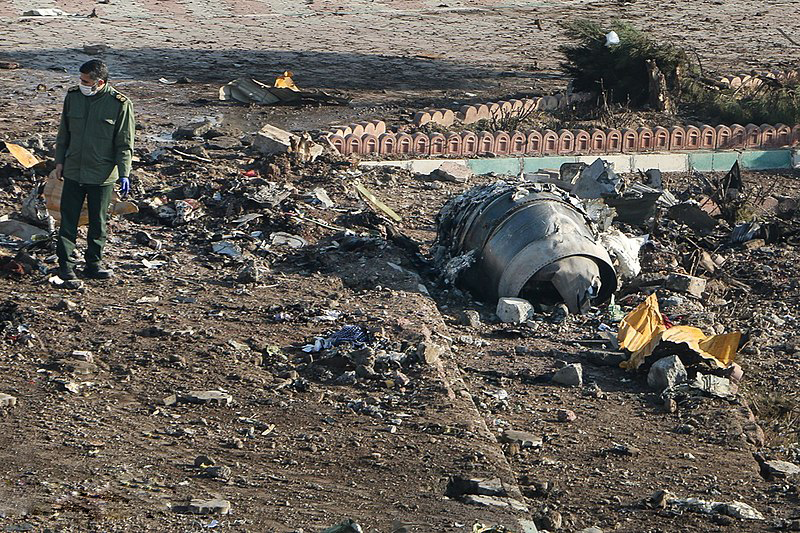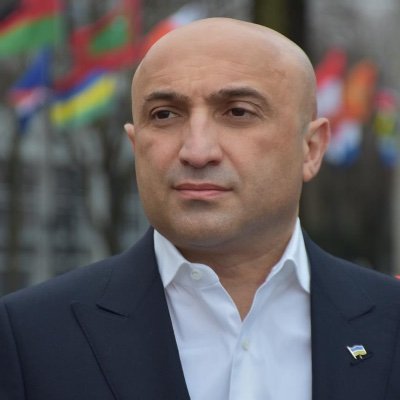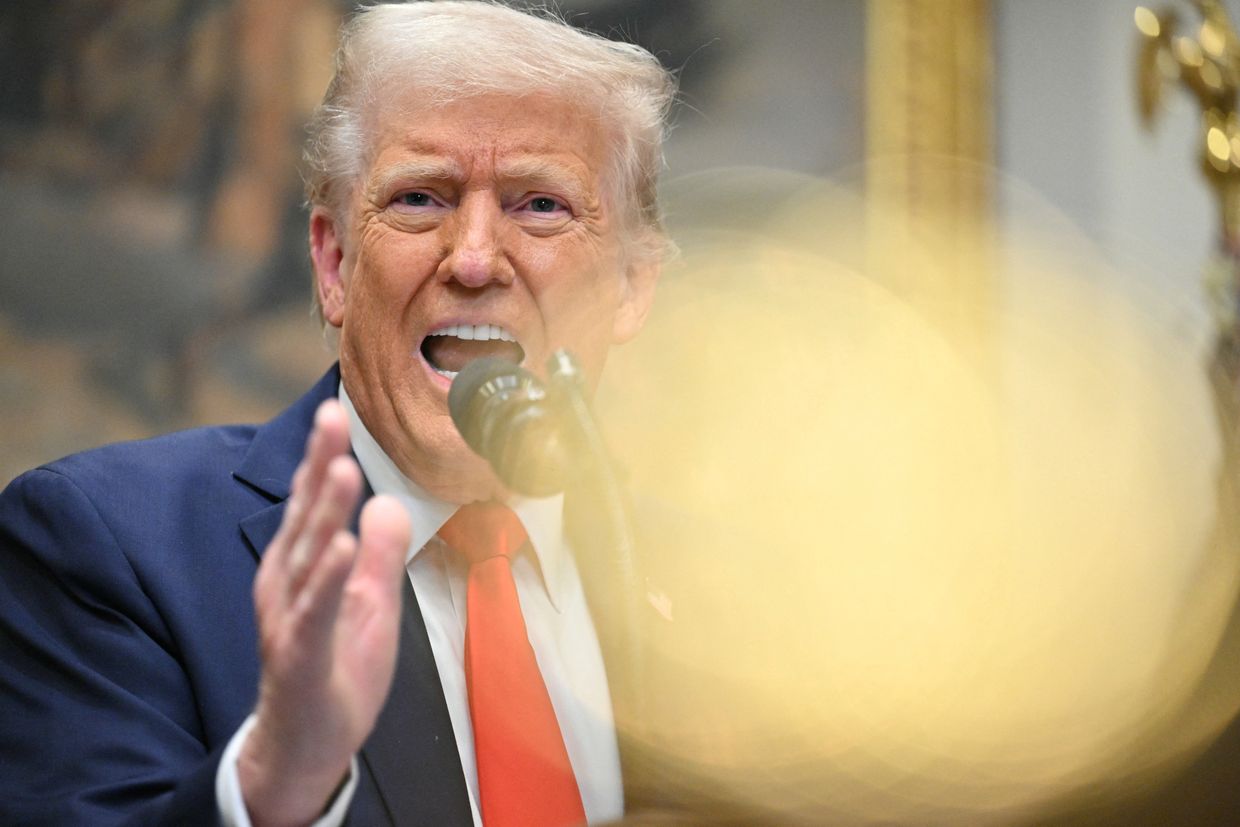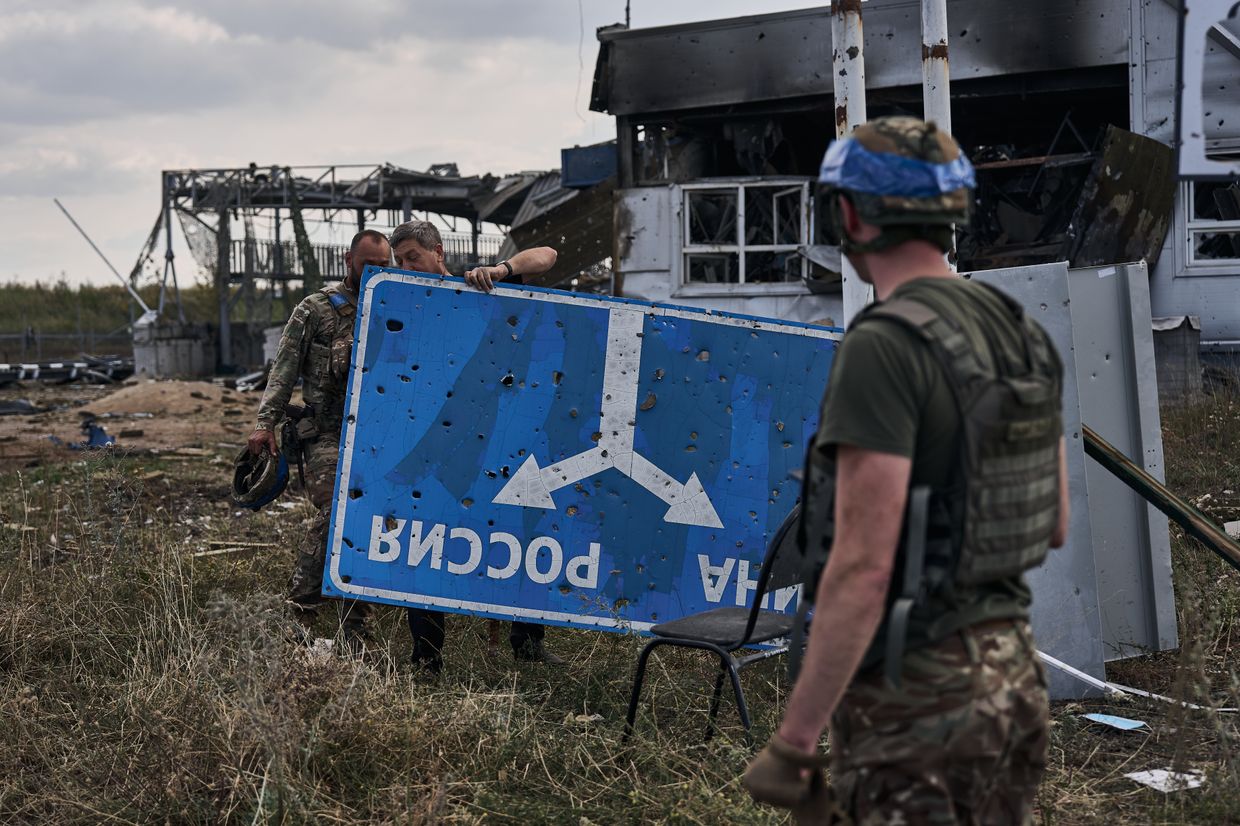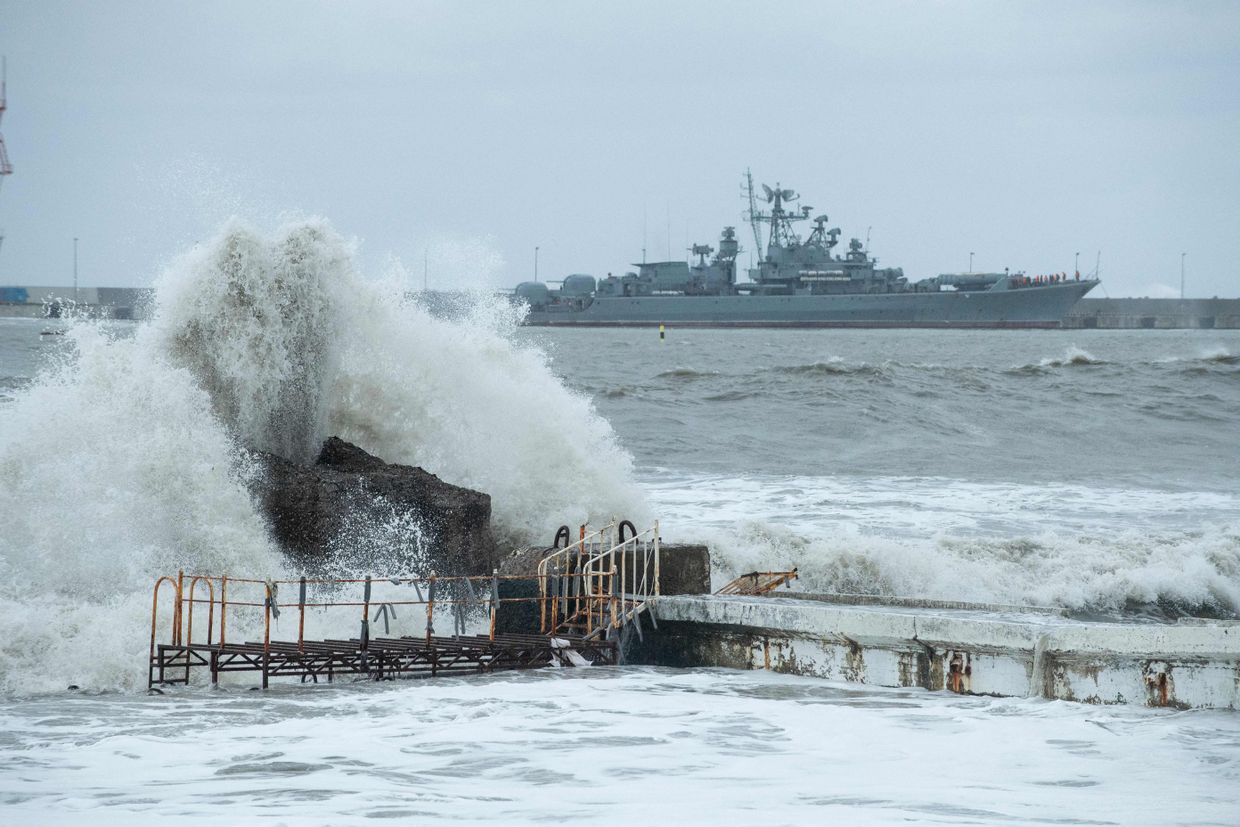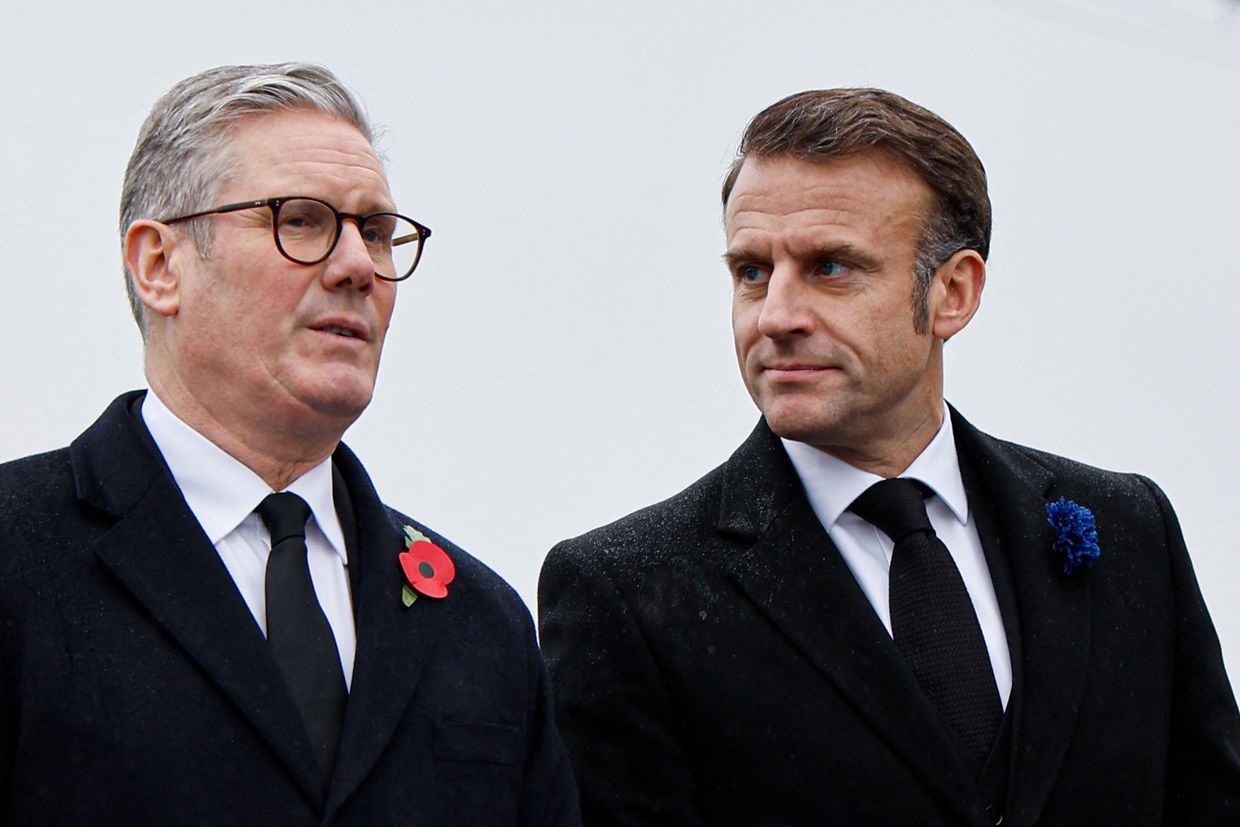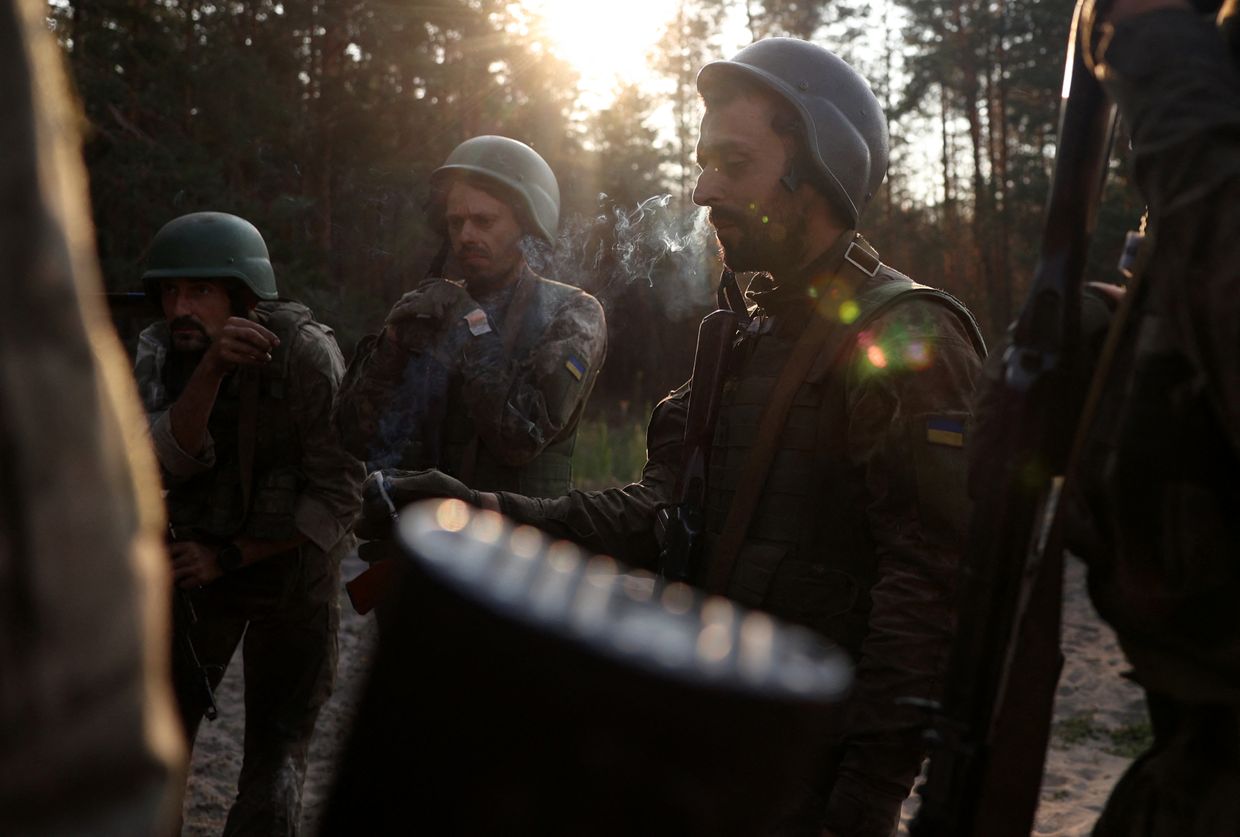Editor’s Note: Gyunduz Mamedov, Ukraine’s deputy prosecutor general in 2019-2021, was in charge of the investigation of the PS752 shootdown on the Ukrainian side.
For two years, the Ukrainian investigation of the PS752 catastrophe has been waiting for Iran to fulfill its declared intentions for cooperation. It is time to admit that there is no cooperation on the part of the Iranian side.
Ukraine should now intensify its own investigation and insist on international cooperation with the affected countries to administer justice.
Two years ago, a UIA Boeing-737 passenger plane on flight PS 752, which was en route from Tehran to Kyiv, was shot down in Iran. The Iranian investigation has found that the Islamic Revolutionary Guard Corps (IRGC) shot down the plane with two ground-to-air missiles fired from the Iranian Armed Forces' air defense systems 30 seconds apart.
All 176 passengers and crew members of the aircraft died in this tragedy. The victims were citizens of Ukraine, Canada, Iran, Sweden, Germany, Afghanistan, and the United Kingdom.
Ukraine is conducting its own pre-trial investigation based on the facts of the premeditated murder of two or more persons, committed in a way that endangers the lives of many people; intentional damage to property that resulted in death; as well as violations of traffic safety rules or operation of transport.
The 1971 Convention for the Suppression of Unlawful Acts Against the Safety of Civil Aviation (the Montreal Convention), ratified by both Ukraine and Iran, classifies this crime as an illegal and deliberate act of violence committed on an aircraft registered in Ukraine. The convention gives Ukraine the right to establish legal jurisdiction over the crime, as the plane was registered in Ukraine.
The Montreal Convention obliges states to cooperate for the purpose of a full, comprehensive, and objective investigation.
During the two-year investigation by Ukraine's law enforcement agencies, efforts were focused on evidence gathering. Multiple investigative actions were launched, including a comprehensive forensic examination and witness interviews.
Investigators have been working with open-source data, such as photos and videos, including material obtained through international cooperation in criminal proceedings. A total of 26 requests for international legal assistance were sent throughout the criminal proceedings.
During the pre-trial investigation, over 1,000 investigative and procedural actions were carried out, and a comprehensive forensic examination is underway.
The Ukrainian investigation would have progressed much more quickly if the Iranian side had provided proper assistance.
Iranian authorities have sent mixed signals. For example, in the first days after the crash Iran gave Ukrainian specialists access to the crash site. However, our experts were then left to watch as the Iranians bulldozed the wreckage of the Ukrainian plane. There was nothing left to work with.
The Iranian side has repeatedly stressed that the investigation into the attack on the UIA plane is an Iranian domestic affair. Iran's investigation data remains classified.
The Ukrainian side offered to conduct joint examinations in Iran with the participation of Ukrainian experts, but these proposals were ignored by the Iranian authorities.
Ukraine must now take a firm stand and continue to investigate, verify any claims, and gather relevant evidence.
The Iranian version of events, whereby their air defenses misidentified the plane as a missile, isn’t plausible. Experienced military personnel know exactly what factors must be taken into account when distinguishing certain objects (speed, size, height, trajectory, etc.).
There are factors that make it possible to qualify the attack on the Ukrainian plane not as a trivial mistake, but as a war crime. Before the downing of PS752, there were several acts of armed conflict between Iran and the United States.
In particular, on Jan. 3, 2020, the Pentagon announced a successful operation to assassinate General Qasem Soleimani. On Jan. 8, 2020, the day the Ukrainian plane was shot down, Iran attacked two U.S. military bases with missiles. Presumably, air defense systems were on alert around Tehran airport, awaiting a possible response from the United States or another U.S.-friendly country.
Earlier, Ukraine was asked by Canada to set up a joint investigation team. On the basis of a November 2021 report by the Association of Families of Flight PS752 Victims, Ukraine may re-propose the establishment of a joint investigation team, similar to that used to investigate the loss of flight MH17.
The Canadian side may request an international criminal investigation. Unlike Ukraine and Iran, Canada is a party to the Rome Statute of the International Criminal Court, and can call for a war crimes investigation. This is what members of the victims' families are demanding.
Under this law, the specific prohibited acts may be recognized as war crimes that were committed during an armed conflict and have a sufficient connection to the conflict. There is a large number of outlined prohibited actions against civilians and prisoners of war. Attacking a passenger plane is one of the prohibited acts.
An important task is to ensure payment of adequate compensation to the families of all victims. Given that Ukraine is the registrar of the downed aircraft, in accordance with international law the Ukrainian side has a leading role in the negotiation process, including determining the amount and procedure for payment of compensation to the families of the victims, regardless of their nationality.
If Iran refuses to acknowledge its international legal responsibility and pay appropriate compensation, Ukraine can and should apply to the relevant international bodies on its own or together with other states. In particular, under the mechanisms provided for in the Chicago and Montreal Conventions, Ukraine may file a lawsuit against Iran in the UN International Court of Justice.
Gyunduz Mamedov is a lawyer and Ukraine’s deputy prosecutor general in 2019-2021. He was in charge of the investigation of the PS752 shootdown on the Ukrainian side.



